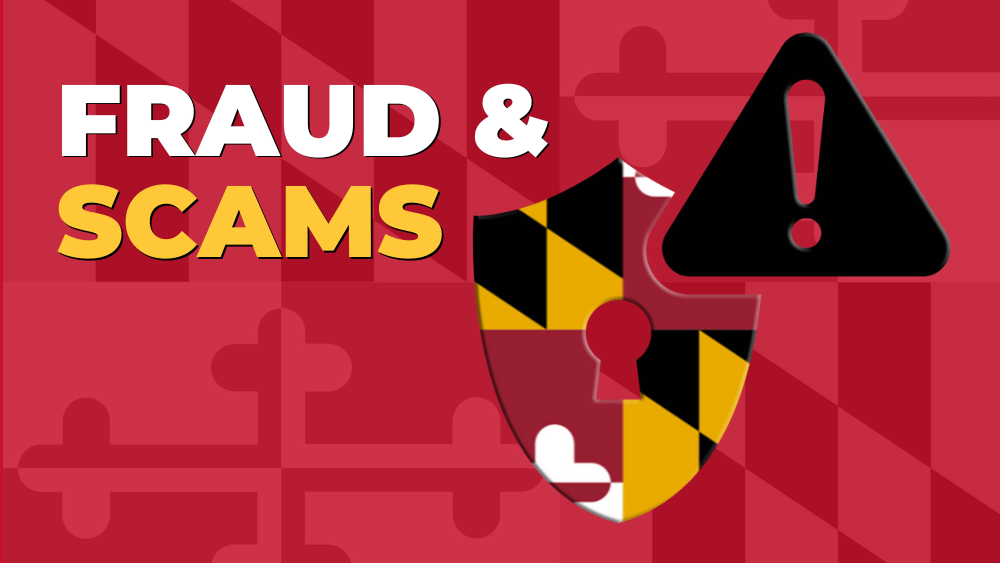 What is Insurance Fraud?
What is Insurance Fraud?
Insurance fraud artists steal billions of dollars each year from hardworking Americans. According to the
Coalition on Insurance Fraud, it is estimated that each household pays approximately $1,000 extra in insurance premiums each year to offset the cost of insurance fraud.
Fraud takes many forms: completing a false document, making a false statement, an agent pockets a premium, selling unauthorized insurance, exaggerating a claim, making a fraudulent claim. These actions are illegal and happen every day by organized criminals and everyday people alike.
Consumers are encouraged to report insurance fraud activities to the Maryland Insurance Administration's Insurance Fraud Division. You need not give your name. Simply call
1-800-846-4069 or print and submit the attached form by mail or fax. Our fax number is: 410-347-5350. Consumers may also email fraud referrals to
[email protected].
Resources and Guides:
National and Federal Resources:
Cases and Statistics:
The MIA works closely with the Attorney General's office for civil and criminal cases pertaining to insurance fraud and scams.
- Click HERE to view Civil Fraud Orders
- Click HERE to view Criminal Fraud Cases
